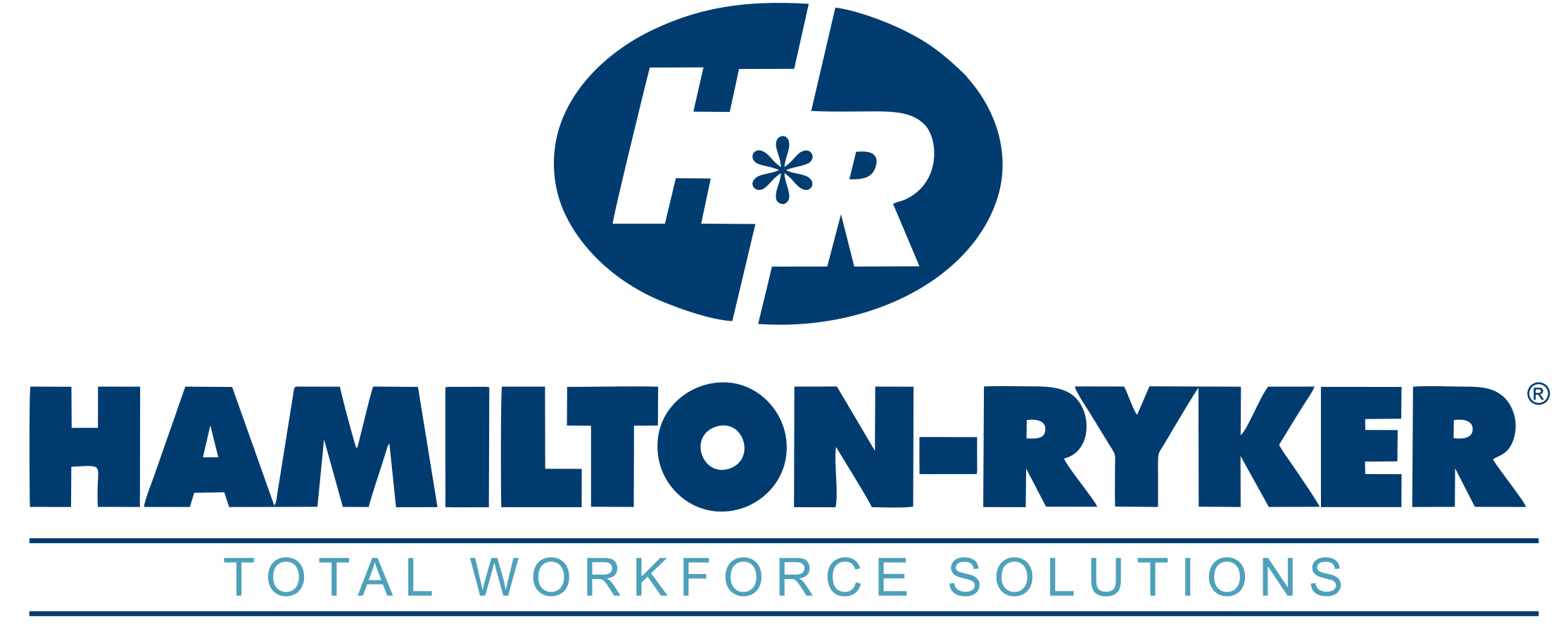Do or Do Not – There Is No Try. How Your Work Reflects Your Mindset
While it may not be apparent on the surface, your work often reflects your mindset. How you approach your responsibilities, the quality of your outputs, your willingness to assist others, and your openness to learning are all indicative of your state of mind.
Often, with a bit of self-reflection, it’s easy to see how your work and mindset are connected. Here’s a look at different mindsets and how they influence your performance on the job.
Overall Attitude
Whether you view your job with a positive or negative attitude is often reflected in your work. When you have a negative attitude, you’re less diligent about the quality of your efforts. As a result, productivity may diminish, or you could fall short of expectations more often.
In contrast, a positive attitude leads to greater productivity, enhanced diligence, and improved resilience in the face of challenges, and that also shows in your outputs. It can also make you seem more passionate about your role, which makes a positive impression on those around you.
Self-Discipline
Generally, self-discipline is needed in nearly every job. Even if you’re given explicit instructions about how to handle a task, you’re often left to your own devices to ensure proper execution. As a result, self-motivation is always a factor in the equation.
When your mindset doesn’t involve self-discipline, the outcome typically involves incorrectly executing tasks or missing deadlines, causing your work to reflect your attitude. Alternatively, when self-discipline is a priority, your work quality is usually higher, and you’re able to manage your responsibilities more effectively, both of which show others where your mindset sits.
Willingness to Learn
Whether you’re willing to learn and grow on the job does provide clues about your mindset. Typically, resisting chances to expand your horizons is associated with a negative attitude about your position or career. Plus, it prevents you from honing capabilities that can enhance your performance, which can lead to subpar work quality.
In comparison, excitement about opportunities to learn is indicative of a positive mindset. They show that you’re open to change and want to support your organization in the best way possible. Plus, your willingness to learn allows you to develop skills that make you more efficient and productive. As a result, your desire to learn is often clearly demonstrated through your work.
Ultimately, many aspects of your work give managers and colleagues insights into your general mindset regarding your job. Depending on what others glean from your work quality, it can either benefit or harm your reputation. Plus, it can potentially lead to more or less career-boosting opportunities. As a result, managing your mindset is an essential part of the equation, ensuring you’re continuously at your best and that your commitment shows.
If you’d like to learn more about how your mindset influences your career or are interested in searching for new job opportunities, Hamilton-Ryker wants to hear from you. Check out our job listings or contact one of our recruiters today.

